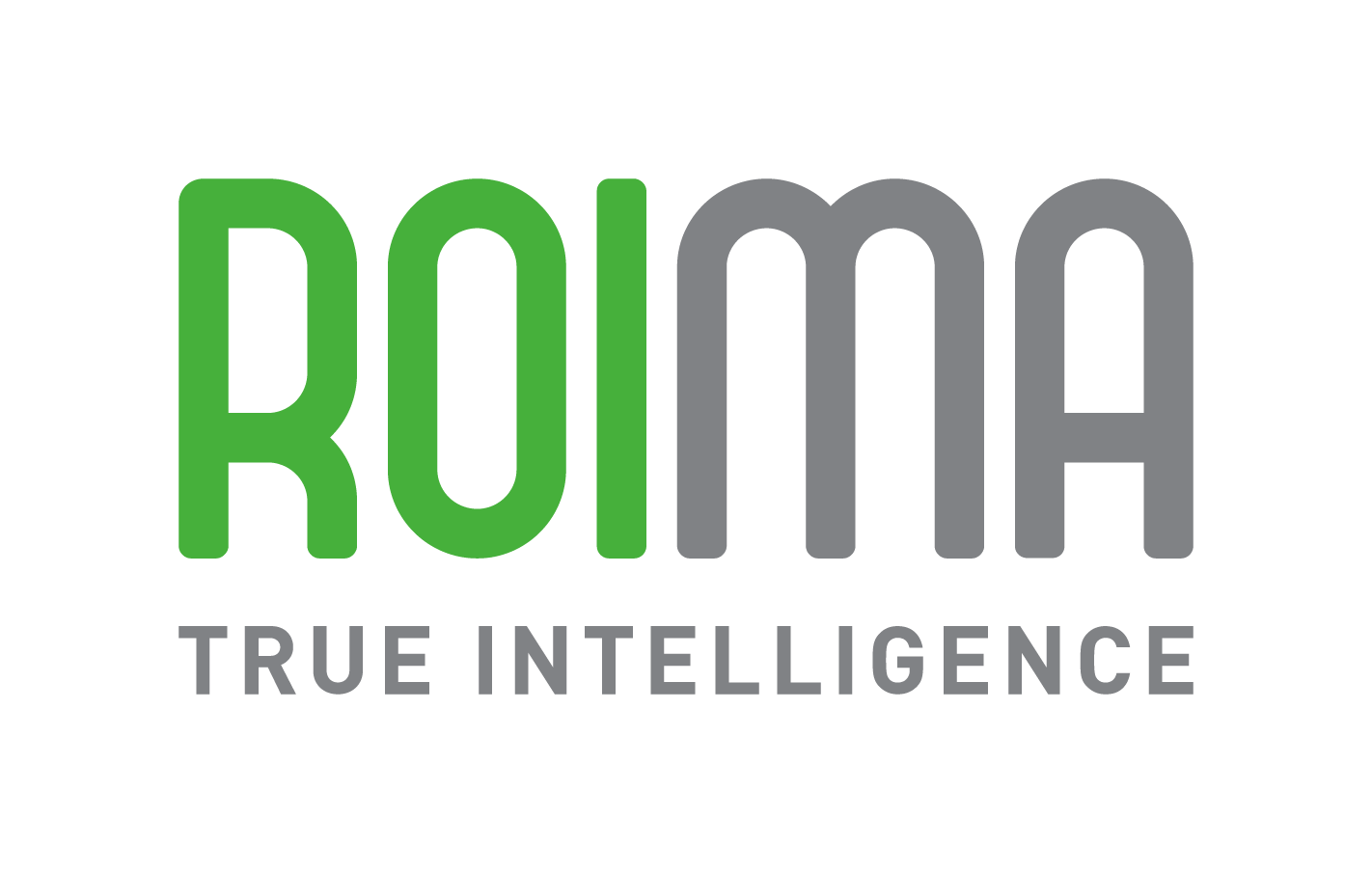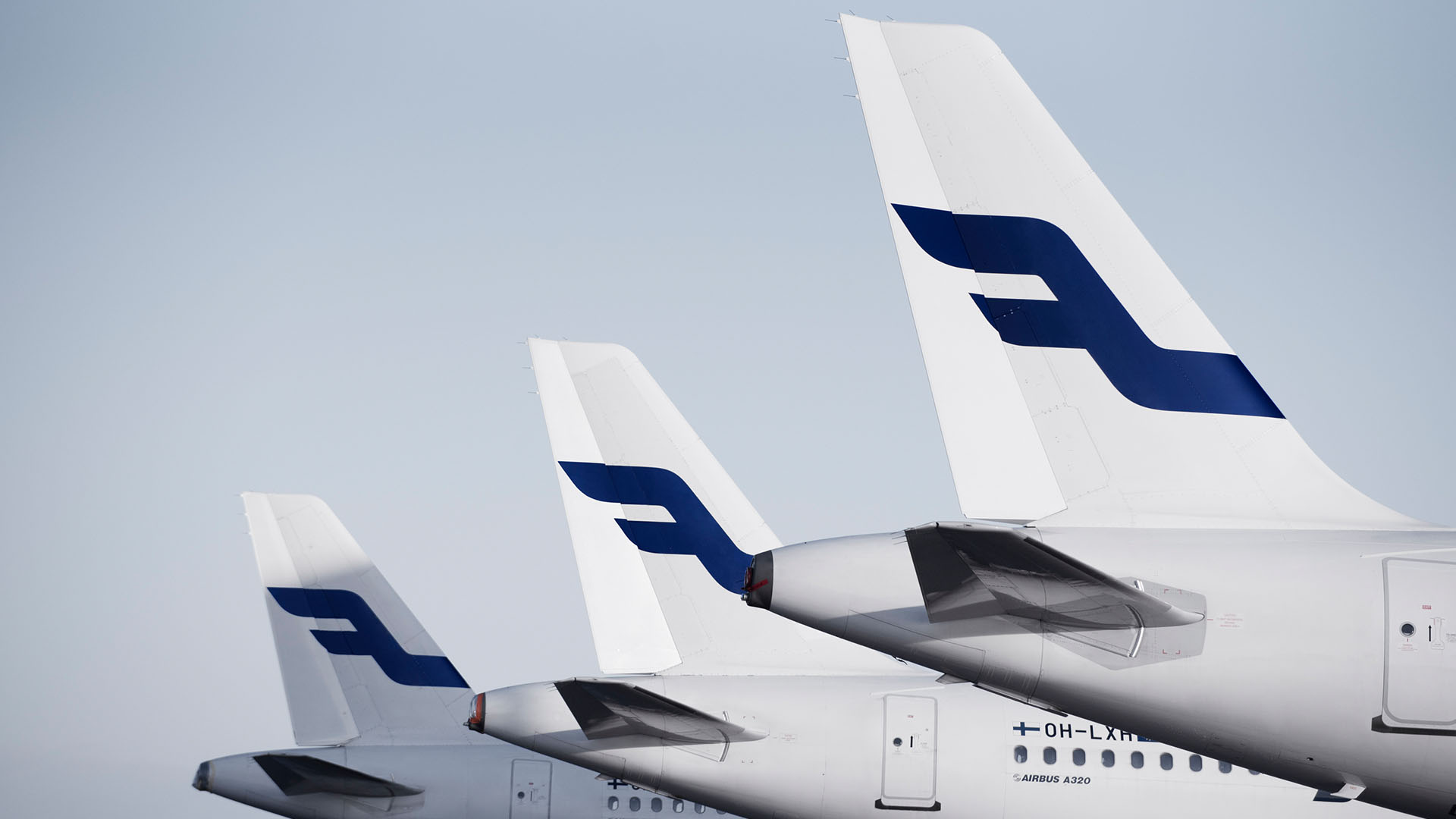Finnair
To ensure smooth and efficient operations, Finnair uses DELMIA Quintiq to plan its ground operations workforce.
Not only has the amount of manual work we do been reduced, but we’re now able to optimize our processes and end up with better results.
Challenge
Finnair, the airline with the shortest connection between Asia and Europe, needed a powerful workforce planning solution to manage the complexity of rostering hundreds of employees in maintenance, passenger services, cargo handling and catering. To cope with the challenging business environment airlines operate in, the company needed a solution capable of producing the most efficient schedules, while ensuring compliance with working time regulations, labor laws and individual characteristics such as skills, shift preferences and vacation leave.
Solution
To ensure smooth and efficient operations, Finnair partnered with the DELMIA brand of Dassault Systèmes and uses the DELMIA Quintiq solution to plan its ground operations workforce. The centralized system provides all the functionality required by the company to handle the planning challenges of different departments, generating rosters that factor in all unique scheduling constraints.
Benefits
With its modern planning system, the company can optimize its workforce and run leaner, smoother and more cost efficient operations. Finnair planners now use a single solution to manage employee schedules across all departments, ensuring everything complies with all labor agreements and regulations. Backed by powerful insights, they can plan ahead strategically and make truly informed decisions.
Centralized planning, efficient workforce
The workforce planners at Finnair have the important role of making sure each department across the Finnish airline has exactly the right number of workers on shift to ensure the smooth running of the business at all times. They are tasked with managing the rostering for hundreds of ground operations employees, setting monthly agreements and forecasting resource needs months in advance. The airline, which connects Europe with Asia and North America, has over 1,350 employees across its maintenance, passenger services, cargo handling and catering departments when running at full capacity.
Like many airlines, one of the biggest challenges Finnair faced was ensuring each employee schedule complied with multiple labor agreements and regulations, taking into account enforced breaks, shift preferences, planned vacations and so on. Before the company modernized its workforce planning solution, its planners used multiple systems to manage all these specific requirements across individual departments. Manually creating and maintaining these employee schedules was very time consuming and labor intensive.
Today, the daily tasks carried out by the Finnair workforce planners have been transformed for the better, thanks to the new DELMIA Quintiq workforce planning solution they now use. All of the functionality they need is available in a single system, allowing them to generate rosters that factor in all unique scheduling constraints, seek optimal alternatives, better manage disruptions and plan ahead with true insight.
Choosing the best fit
Finnair’s journey to DELMIA Quintiq was a long time in the making. The company’s resource planning managers were charged with finding the right solution for the business and consolidating all resource planning processes. A team of Finnair experts then headed up a thorough procurement process before eventually deciding on DELMIA Quintiq.
“We started with an enhancement project, aiming to make incremental improvements to our workforce planning processes,” said Tiina Lahti, head of Ground Resource Planning at Finnair. “But we quickly realized we needed to make bigger changes and we began looking into the systems available on the market that could help us.”
Over two years, Finnair assessed multiple systems that could meet its specific requirements.
“As we have many different service level agreements and local regulations as well as labor rules and requirements in different units, we quickly found that most solution providers couldn’t offer all the functionality we needed within one system,” Lahti said. “But this was out of the question for us. We had to find a centralized system. In the end, we narrowed our choice down to a couple of solutions, but it was the proof of concept with DELMIA Quintiq Optimized Planning that made our decision for us. We needed an agile system to handle what-if scenarios and it could do that and more.”
Finnair worked with Dassault Systèmes’ partner and local workforce planning specialist Roima Intelligence to implement DELMIA Quintiq and achieve its business goals.
“Roima handled the implementation alongside DELMIA Quintiq,” Lahti said. “They really got to know us and understand our business needs to ensure the solution and support agreement was the right fit for us. When you’re trying to figure out complex labor rules and technical issues, it’s so handy to be able to talk to a supportive team in your native language. It really helped us navigate this complicated, multi-faceted project.”
After defining the requirements for the system across all its business units, Finnair implemented DELMIA Quintiq. The implementation took place between September 2017 and December 2018, covering ground resource planning, technical and kitchen operations.
“Roima’s dedicated team helped us navigate the technical issues we experienced in removing the legacy systems and making the transition to DELMIA Quintiq,” Lahti said. “Today, we continue to work closely with them.”

Empowered Planners
Finnair’s planners use DELMIA Quintiq to manage the entire workforce planning process across all ground operations departments, including short-, mid- and long-term planning. As they’ve transitioned away from time-consuming, manual processes to a more agile, automated approach, they are able to work more efficiently and effectively than ever before.
“Their processes are totally different today,” Lahti said. “They’re able to access the information they need directly from the system and it’s presented to them far more intuitively. It means they now carry out far more interesting work and are empowered to think strategically as they can look ahead and see the entire business. They have a lot more responsibility and can make a huge impact with their decision-making.”
Feedback from the planners about the new solution has been positive.
“They find DELMIA Quintiq easy to use and can carry out many of their everyday tasks intuitively without instructions,” Lahti said. “They can now see further ahead in terms of their planning and can try different optimizers for different shift structures. It has transformed their work into a more strategic role and they know they have a powerful tool that they can rely on. They appreciate that it’s modern and industry leading. Everybody has embraced this modern approach and wouldn’t want to return to our previous ways of working.”
The new system has been well received by all shift workers too, as they now have far greater visibility of their working arrangements.
“They can see more information about their working quotas, check how many hours of overtime they’ve done and how many vacation days they have banked,” Lahti said. “Everything is far more visible and it means they have to ask fewer questions of our workforce planners. They can check most things themselves.”
More streamlined and automated processes have also translated to efficiencies and cost savings across the business.
“Not only has the amount of manual work we do been reduced, but we’re now able to optimize our processes and end up with better results,” Lahti said.
DELMIA Quintiq successfully demonstrated how a single system can manage the planning challenges of different departments.
Planning ahead efficiently
In recent months, Finnair has faced an extremely challenging time as it navigates travel restrictions and reduced air travel demand as a direct result of the COVID-19 pandemic. With a smaller workforce offering a limited service, Finnair is using DELMIA Quintiq to optimize its resources and keep costs under control.
“Even though we have fewer people at work, we’re still following the same processes and we can optimize regardless,” Lahti said. “It means we’re still able to offer the best quality service despite the huge changes.”
As Finnair looks to the future and positions itself for brighter times ahead, it knows it has a reliable, future-proof workforce planning system it can rely on.
“Smooth and efficient operations at our hub is a must,” said Jaakko Schildt, COO of Finnair. “DELMIA Quintiq successfully demonstrated how a single system can manage the planning challenges of different departments. This project is yet another example of Finnair’s determination to maintain operational excellence and improve both customer and employee satisfaction.”

Focus on Finnair
Finnair flies between Asia, Europe and North America. Its extensive network connects 19 cities in Asia and 7 cities in North America with over 100 destinations in Europe. Founded in 1923, Finnair is one of the oldest continuously operating airlines in the world.
For more information: https://company.finnair.com

Focus on Roima Intelligence
Based in Finland, Roima Intelligence empowers people to reach the optimal and sustainable outcome for business, society and environment through digitalization and artificial intelligence in manufacturing and logistics. The company boosts productivity through innovative automation solutions, intelligent use of digital technologies, and continuous improvement. Roima’s experts are leading professionals in their industries, who already serve over 300 growth-oriented customers both in Finland and around the world.


